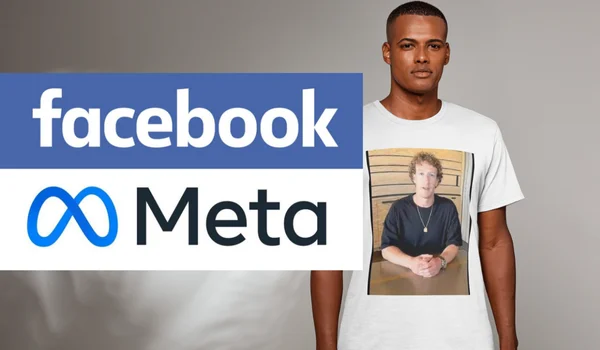In a significant policy shift, Meta Platforms, led by CEO Mark Zuckerberg, has announced the termination of its third-party fact-checking program across its social media platforms, including Facebook and Instagram. This move, effective January 7, 2025, replaces professional fact-checkers with a community-driven system akin to Elon Musk’s “Community Notes” on X (formerly Twitter).
Rationale Behind the Decision
Zuckerberg cited a commitment to “free expression” as the primary motivation for this change, expressing concerns over perceived political biases among professional fact-checkers. He stated that the previous system may have inadvertently suppressed certain viewpoints, particularly conservative voices, and that a community-based approach would democratize content moderation.

Implications for Content Moderation
The new policy entails several key changes:
- Community-Based Fact-Checking: Meta will implement a system where users can contribute to verifying information, similar to the model employed by X.
- Relaxation of Content Restrictions: The company plans to ease limitations on discussions surrounding sensitive topics, including immigration and gender identity, aiming to foster open dialogue.
- Resource Reallocation: Meta intends to focus its moderation efforts on addressing severe violations, such as terrorism-related content and child exploitation, while reducing oversight on general discourse.
Criticism and Concerns
The announcement has sparked a spectrum of reactions:
- Internal Dissent: Some Meta employees have expressed apprehension, fearing that the absence of professional fact-checking could lead to a surge in misinformation and harmful content.
- External Skepticism: Disinformation experts warn that relying on community-driven moderation may be insufficient to curb the spread of false information, potentially exacerbating the challenges of maintaining platform integrity.
- Political Implications: The timing of the policy shift, coinciding with the inauguration of President-elect Donald Trump, has led to speculation about Meta’s motivations, with some suggesting it is an attempt to align with the incoming administration’s preferences.
Comparisons to Other Platforms
Meta’s new approach mirrors recent changes implemented by other social media platforms:
- X’s Community Notes: Elon Musk’s platform has adopted a similar community-driven fact-checking system, emphasizing user participation in content moderation.
- Shift in Content Policies: Several platforms are reevaluating their moderation strategies, balancing the promotion of free speech with the need to prevent the dissemination of harmful content.
Future Outlook
As Meta transitions to this new model, several factors will be critical:
- Effectiveness of Community Moderation: The success of the community-driven system in accurately identifying and addressing misinformation remains to be seen.
- User Responsibility: With reduced professional oversight, users may need to exercise increased vigilance in discerning credible information.
- Regulatory Scrutiny: Global regulators may closely monitor these developments to assess compliance with legal standards and the impact on public discourse.
In conclusion, Meta’s decision to end its third-party fact-checking program represents a pivotal shift in its content moderation strategy, aiming to enhance free expression while raising questions about the platform’s ability to manage misinformation effectively. The coming months will reveal how this balance is maintained and its implications for the broader social media landscape.